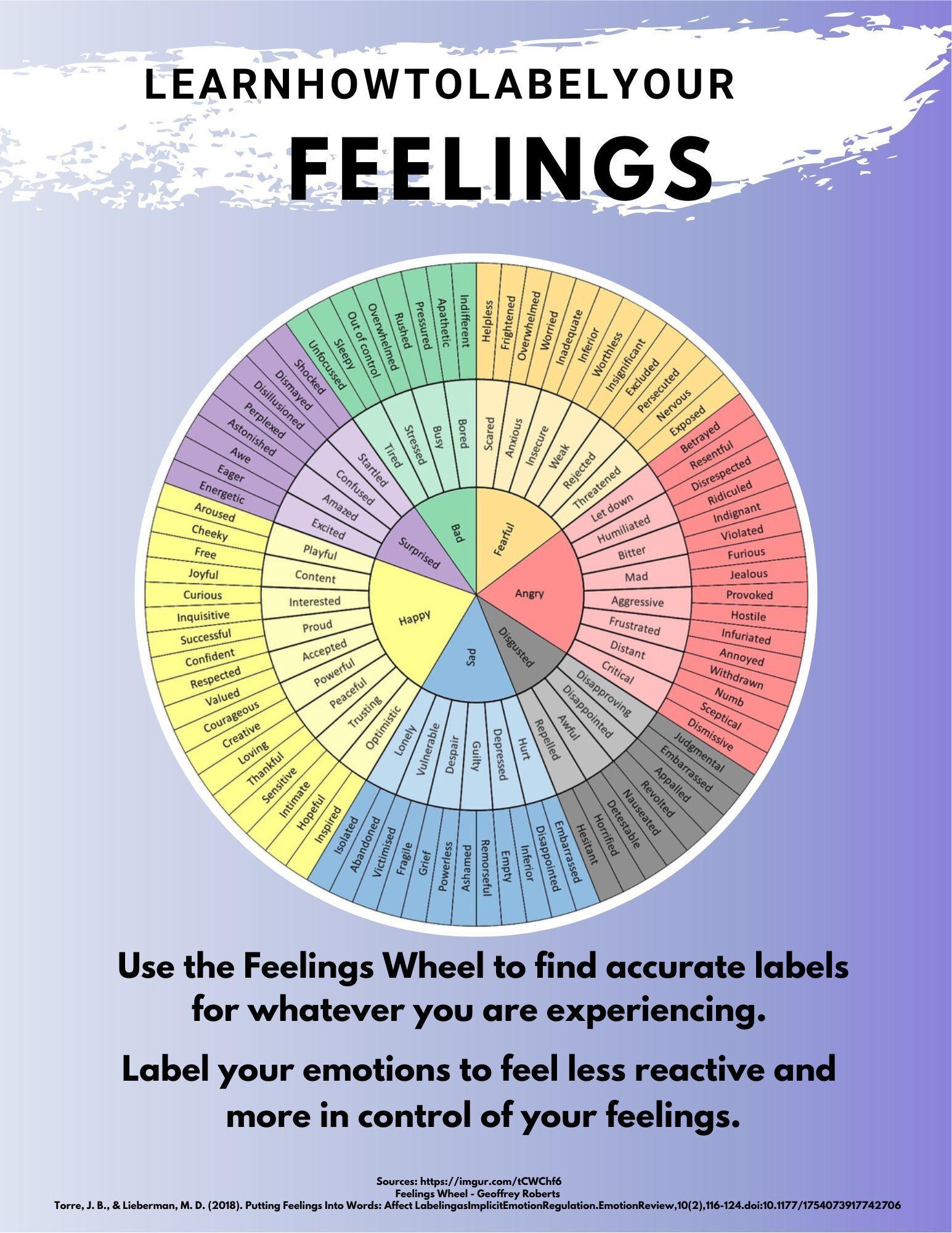Hey there beautiful souls,
Welcome to my newsletter series. This week I’m writing to you from Kota Kinabalu, a place I called home a decade ago where I did my doctor training, soaked in nostalgia after a beautiful morning swim in a rooftop pool overlooking the majestic mountain or more well known locally as Akinabalu.
This weeks theme- the unity of acceptance and changes in the dance of life.
Let’s step into this week’s D-A-N-C-E together
Depreciation
Definition: the expression of a negative view of someone or something; criticism or disapproval
How often do we find ourselves in this situation- either we are being depreciated or us depreciating somebody or being in a space where someone is depreciating someone else?
These past weeks I have been observing that most of mankind speeches/ conversations does have this tendency to depreciate.There is always something that is not right, not good enough, not clean enough, the list goes on and on. It actually creates this draining energy for everyone around these speeches and robs so much joy out of the moment. The worst part is we are not even conscious of it as it has become the norm. How often do we sit in a dinner table talking and there is always something someone is saying that is depreciative of either the food or a person or a service etc. All this ever does is brew more internal dissatisfaction and get everyone else to also suck into some bitterness.
When it comes to changes, I often advocate for replacement habits - replace sugary drinks with coconut water/ water etc. In this case, I would love to propose switching depreciation to appreciation. Appreciation instantly changes the mood and atmosphere, and verbalizing it creates even more ripple effect to everyone around us.
In every moment in our lives, there is always going to be something that is not right but at the same time there is also something that is going very well and very ‘right’. Instead of engaging in depreciating conversations, try to highlight and say it out loud what do you like about the day, the place, the people and the situation. Example- if the food is bad but the weather is good- talk about the weather, expand it in detail and how it makes you feel. Compliment someone the moment you notice their good traits. Thank the servicing waitress for the drink she brought to your table even if the drink is not up to your standards. The more you indulge in the good things in life the more bearable the bad things get.
Acceptance
The degree of how well we regulate ourselves lies in the degree of acceptance we have over the circumstances we are in. Acceptance is the biggest life hack to almost everything in life. Acceptance of own thoughts, emotions, reality, discomfort, self limitations, past events, uncertainty are all clinically powerful because in lifestyle medicine, it-
Regulates the nervous system
Reduces avoidance of difficult emotions
Prevents rumination
Increases self-compassion
Creates psychological safety within ourselves
Promotes long-term behaviour change
In ACT- Acceptance Commitment Therapy model, acceptance is needed to cultivate changes. I need to emphasize here that acceptance does not mean letting things be just the way they are. It is an acknowledgement of what is as it is, where it is, how it is without resisting nor changing its original form so the next step can be taken with clarity.
Awareness → Acceptance → Action
This model of acceptance can also be used in cultivating a better interpersonal relationships- acceptance of others as they are- their limitations, worldview, emotions, beliefs, emotional capacity without trying to control or change them. Again, this does not mean we passively approve everything they do, but to recognise their reality without resisting it.
One easy example would be
When you are feeling sad due to any reason- accept the sadness as an emotion, instead of brushing it off, distracting yourself, suppressing it or eating it away. You can tell yourself “ I am feeling sad right now, and that is ok ”. By accepting sadness, the nervous system actually settles, on the other hand resisting sadness actually causes more stress.
When a loved one is feeling sad for whatever reason- accept the sadness, avoid saying things like “Dont be sad” or “Cheer up”, maybe an alternative statement you can say is “I see you’re feeling sad. I’m here with you.” This actually fosters deeper connection as people feel seen and heard for what they are experiencing.
Nostalgia
I just had to write about this because I have a ton of memories surfacing for me in this city. I was only 25 when I first stepped into this part of the world, almost a decade ago, where my first journey of ‘adulting’ started. I would say it was the place I truly ‘grew’ because I was faced with everything at once- responsibilities not just over my own lives but life and deaths of patients, work ethics, values, humanity, financial management, household bills, hospital systems, work culture, coping strategies etc.
That is the beauty of revisiting old places essentially- it reminds me of parts of myself that I’ve outgrown and part of myself that is still the same.
Here are some prompts to think about/ journal for you if you catch yourself in moments of nostalgia-
1)What parts of me have grown or changed since then and how does it feel?
2)What aspects of me remain the same, and why do they matter?
3)What version of myself lived here before, and what have I learnt from this version?
4)What chapter of my life does this place represent, and what chapter am I stepping into now?
Charismatic Adult
Two weeks ago I attended the 5th Malaysian Lifestyle Medicine Conference, it is undoubtedly my favourite conference to attend as I get to listen to passionate speakers from different parts of the world. One of the most profound take home message this year was from Dr Beth Frates (Associate Professor in Havard Medical School,) in her workshop where she introduced a concept of “One Charismatic Adult’. So, she asked us
‘Who is that one person in your life that roots for you, cheers on your success, have faith in you, and you would also not hesitate to go to for advices at any given time?’ - that’s your ‘one charismatic adult’.
For most people it would be their parents, but for some people perhaps it is their coaches, mentors, aunties, uncles, or it can be strangers even- for me it was the elder women that I have met during my travels.
If you cannot think of anyone who plays that role in your life, then the question changes to “ Are you someone’s charismatic adult? Is there someone in your life that you are happily cheering for and sharing your wisdom with?”
This question came under the topic of social connection pillar of lifestyle medicine because the presence of such person in our lives or playing such a role in someone’s life indicates a strong sense connection that brings deep fulfilment.
If you have a charismatic adult in your life- take 2 minutes of your time today to reach out to them and thank them for all that they do for you.
If you can’t find a charismatic adult, then BE one.
Emotions
Did you know there are 4 components of emotions?
1) Experiential Component(Subjective Experience)- The internal experience of the emotion itself — the part only you can feel- such as joy, sadness, or anger.
2) Physiological Component-What happens in your body when you feel something-such as increased heart rate, sweating, or changes in breathing.
3 Behavorial Component- What you do when you feel the emotion- such as crying, laughing, shouting.
4 Cognitive Component- The story your mind creates about what is happening with thoughts and interpretation such as- “he does not respect me”
Today I would like you to teach you affect labelling- which is basically just naming what you feel in the moment. This practice is so deceptively simple yet has deep psychological impact. It instantly creates a distance from the emotions itself , reduces physiological arousal, reduces reactivity and enhances emotional intelligence. All the 4 components are better managed with just this ONE trick.
At any given point when an emotion arises- just name it.
“I am feeling frustated right now. “ “ This is sadness. “ I am feeling overwhelmed by this information.” etc
Here is a wheel of emotions to help you label your feelings. I have attached a link to download the image as well at the bottom of the newsletter for you to keep in your phone or print it out and stick it somewhere visible to use any time you need.

Until next Sunday, may you D-A-N-C-E through your days — appreciate rather than depreciate, practice acceptance as the first line strategy for all situations, ponder on some nostalgic reflections, strive to be a charismatic adult and label your emotions well.
Much love,
Dr Sharolyn
A quote Im thinking about
“The only true wisdom is in knowing you know nothing.”―SOCRATES
Click below to suscribe to my newsletter!
Follow my instagram account below!



